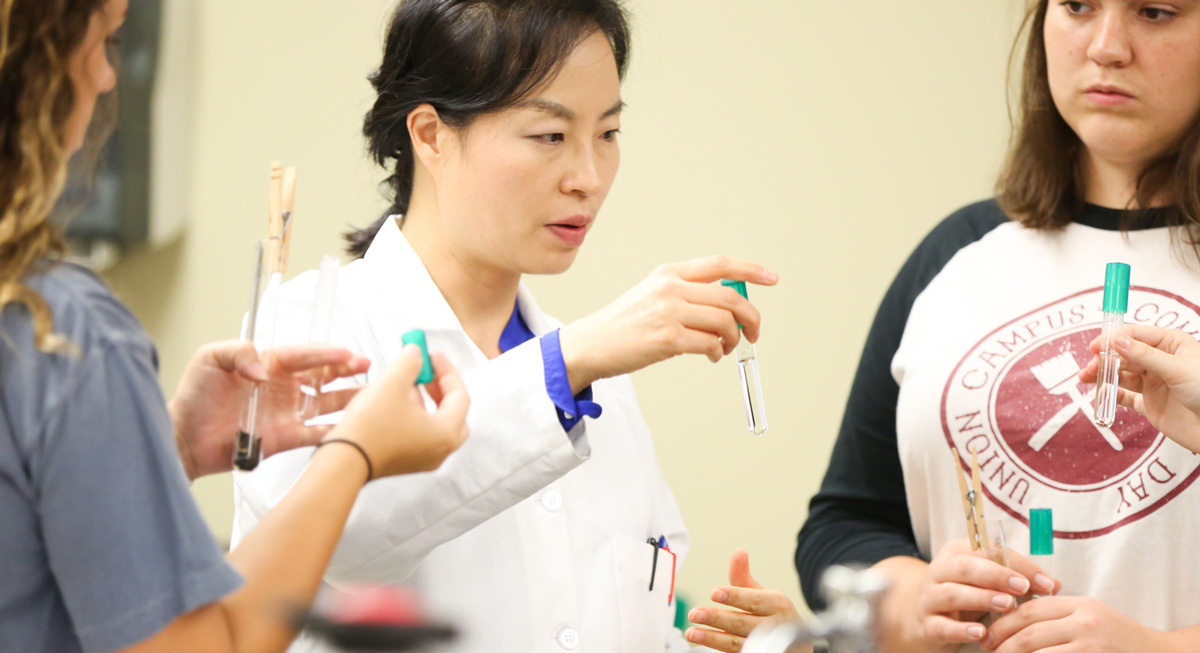January 7, 2008 - In 1984, I wrote a seminar paper on cloning and genetic therapies for a course in the philosophy of science. My thesis proposed that the sociological, political, and ethical ramifications of the then-nascent technologies necessitated care, that we work out the stickier philosophical problems before pursuing all of the research options.
“Well-documented and carefully argued,” I recall my professor saying as he reviewed my work. “A good paper, but one significant flaw. What does ethics have to do with science? Ethics is not empirical. Science is. Don’t mix those irrelevant distractions with it. Trust in scientists to work things out.”
That conversation has stuck with me for two decades now as I have watched new terminologies and approaches multiply, seemingly without end. In particular I have been interested to watch the developments in stem cell research.
Certainly my readings in theology have influenced my thinking, as I have pondered the ramifications of Christ’s affirmation of the Hebrew ethical framework, found in Mark 12:31, “You shall love your neighbor as yourself.” More broadly, though, I was impacted considerably by readings in literature. Swift’s Modest Proposal warns about the pragmatic doom that so easily enfolds the poor. Stowe’s Uncle Tom’s Cabin cautions about treating humans as property. Orwell and Huxley, among others, speak to the dangers of mixing big money, government, and unrestrained science. More recently, Ishiguru’s Never Let Me Go explores the hopeless lives of clones, whose tissues are harvested bit by bit until death occurs. History itself is never far from these cautionary tales, as it documents the horrors enabled by the efficient technologies of genocide.
Science is a powerful engine of discovery and productivity. It strips away our biases and misperceptions so that we may solve problems even as we figure out how the world works. It is eminently worthy of our treasure and our time.
Like any tool, however, science has the potential for misuse. Because it deals with the functions of material of the universe, some segments of the scientific community have an unfortunate tendency to treat living beings, including persons, like any other piece of “stuff.” Making the distinction between the relative values of research and its boundaries is not, by its very nature, the role of science. That is what my professor told me: science stands above ethical scrutiny. It is a critical error, however, to treat research as a pristine, transcendent enterprise.
The truth is that while science is the best system ever devised to tell us what we can do, it is unable to define what we may do. It cannot define for itself the limits of its reach and scope. Science needs deeply reflective voices external to it who can harness its power for good. This was the value I found in writers who critique misapplications of science. They think through the cutting-edge ideas and identify inherent problems, serving as a conscience that protects the helpless. They place cautionary boundaries around research agendas, often before actual technologies exist.
Further, these voices explore which kinds of research should take a priority among the almost infinite range of possibilities, discerning not only what science may do, but also what it must do. We need research into diseases that may be remedied by genetic treatments. We need hope for cancers, AIDS, Parkinson’s, and many other diseases that ravage our world. We must investigate new treatments; we must not, however, sacrifice the lives of fellow persons in order to achieve these successes. Not even the lives of tiny babies who are euphemistically called “embryonic stem cells.”
Researchers recently discovered that adult skin cells can be modified into functional stem cells, those remarkably pliant entities that hold so much promise in the treatment of disease. The method is still emergent, but for those of us who oppose the use of embryonic stem cells, it was a joyous moment. We felt vindicated in our calls for discernment and restraint.
Most human endeavors find profound strength in community. Unilateral actions, which fail to consider external voices, tend to create terrible errors of judgment. Science keeps us from being foolish; its critics keep us from being shameful. Together these partners enable progress toward a better future for us all, the helpless and the powerful alike.

